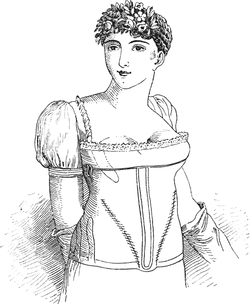
One of the really great things about being a novelist is having a writing group. I couldn't function without mine. Really. Oh, sure, I need absolute peace and quiet and solitude for the actual writing part, but if I'm not writing for someone to read, I just don't write. I need to have an audience in mind. Someone has to actually read this stuff other than me.
A member of my group recently posted a question to our top-secret page where we share tips, ideas, problems, and insight with each other. (No, I won't tell you where. Don't ask.) The question accompanied a long excerpt from another writer, and was essentially, what does this mean: Writing may start out as self-serving (kind of like an emotional eruption or first-time therapy session), but in order to achieve any level of greatness, a writer will have to detach from her personal interest and begin to look at the bigger picture.
Great question, and it relates to my second paragraph: literature of all kinds is a relationship between a reader and a writer. There has to be both, or else the writing isn't literature.
Do I hear some of you saying, huh? Isn't it possible to "just write for myself?"
You can, but not if you want to write well.
Some people say the difference between a writer and an author is publication (usually traditional). I disagree. I think the writer becomes an author when he opens the dynamic of his writing beyond himself to include the reader, regardless of his publishing status.
I'm wholly supportive of independent and small-press publishing, but I'm also the first to say, there's a lot of utter crap out there. Well-intentioned, earnest, eager crap. Yes, there are "novels" full of typos, historical anachronisms, unresearched "facts," wretched dialogue, and even more wretched plot - but those are all symptoms of the abrogation of the basic tenet: the reader is missing from the equation. The writer was writing for himself.


 RSS Feed
RSS Feed